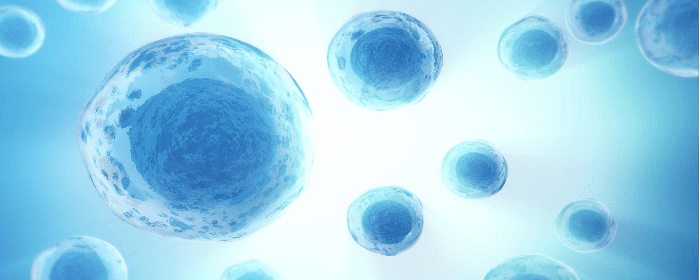Parkinson’s disease is a chronic, progressive neurological disorder for which there is no cure. The motor symptoms of Parkinson’s disease include resting tremor, slowness of movement, shuffling gait, and “masked facies” (i.e. muted facial expressions). Over time, patients with Parkinson’s disease may experience cognitive problems such as memory loss, impaired judgment, and poor planning. Later in the illness, these cognitive symptoms may progress to a condition called Parkinson’s dementia. Patients may also develop depression, anxiety, pain syndrome, visual hallucinations, and sleep disturbances. The disease gets progressively worse until patients succumb from complications of the disease after about 10 years on average.
Current treatments for Parkinson’s disease are only able to reduce symptoms—no drug therapy can modify or stop the disease from progressing. Parkinson’s disease is caused by the destruction of brain cells in the substantia nigra; substantia nigra cells provide the neurotransmitter, dopamine, to various locations in the brain. Consequently, most standard treatments are designed to improve dopamine neurotransmissions such as levodopa, dopamine agonists, and MAO B inhibitors. Deep brain stimulation, a procedure in which electrodes are inserted deep within the brain, has helped reduced tremor. There are diet suggestions that may help symptoms or increase appetite.
Ideally, physicians would be able to treat the cause of Parkinson’s disease rather than simply control symptoms. Dr. Salem provides an interesting review of the potential uses of stem cells for Parkinson’s disease. Indeed, he argues that stem cell transplantation has the potential to replenish lost cells in Parkinson’s disease.
The first step, according to Dr. Salem, is to identify the appropriate type of stem cell for use in Parkinson’s disease. He reviews the main types, namely embryonic stem cells, neural stem cells, induced pluripotent stem cells, and mesenchymal stem cells, discussing their pros and cons. The scientist provides a convincing case for why mesenchymal stem cells may be the best choice. For cell-based therapy, he writes, mesenchymal stem cells have two major effects: a trophic effect and the ability to differentiate into a broad spectrum of cells for the replenishment of lost cells.
Indeed, mesenchymal stem cells can be induced to become functional dopamine neurons, the very cells that are destroyed by Parkinson’s disease. Moreover, when mesenchymal stem cells are placed into the brains of mice or humans with Parkinson’s disease (or, in the case of mice, a model of the disease), most of the stem cells remained in the injection site for at least 10 weeks after transplantation. The stem cells increased neuronal plasticity (neurorescue), cell survival, dopamine levels, and the formation of new neuron progenitor cells (neurogenesis). At the same time, stem cells decreased inflammation, gliosis (a growth of non-neuronal brain cells called glia), and death signaling.
Of course, clinical trials will be needed to continue the study of the safety and efficacy of stem cell transplantation for Parkinson’s disease, but the chance of having a treatment that actually goes to the cause of the disease is an exciting possibility.
Reference: Salem NA (2019) Mesenchymal Stem Cell-Based Therapy for Parkinson’s Disease. Int J Stem Cell Res Ther. 6:062. doi.org/10.23937/2469-570X/1410062.


 St. Petersburg, Florida
St. Petersburg, Florida
